Drone Spies? A Vicious Legal Battle Erupts Between Two US Waste Giants

Check out the Best Deals on Amazon for DJI Drones today!
In the high-stakes, multi-billion-dollar world of hazardous waste disposal, two corporate giants are locked in a vicious legal battle, and the smoking gun is a drone. Veolia, a global environmental services leader, is accusing its direct competitor, Clean Harbors, of using a drone to conduct corporate espionage over its sensitive chemical facility in Arkansas and the Democrat Gazzette wrote this about it.

The fight has escalated into a messy courtroom drama, complete with contempt of court rulings, criminal charges, and accusations of a broader conspiracy involving stolen trade secrets. It’s a powerful and cautionary tale about the dark side of commercial drone use and the new frontier of industrial espionage.
The Smoking Gun: A Drone Over a Chemical Plant
The core incident happened on October 3, 2023. An employee at Veolia’s hazardous waste facility in Gum Springs, Arkansas, spotted a drone hovering over their chemical storage area. He managed to photograph not only the drone but also its operator, who was later identified as Steve Garcia, an employee of the rival company, Clean Harbors.
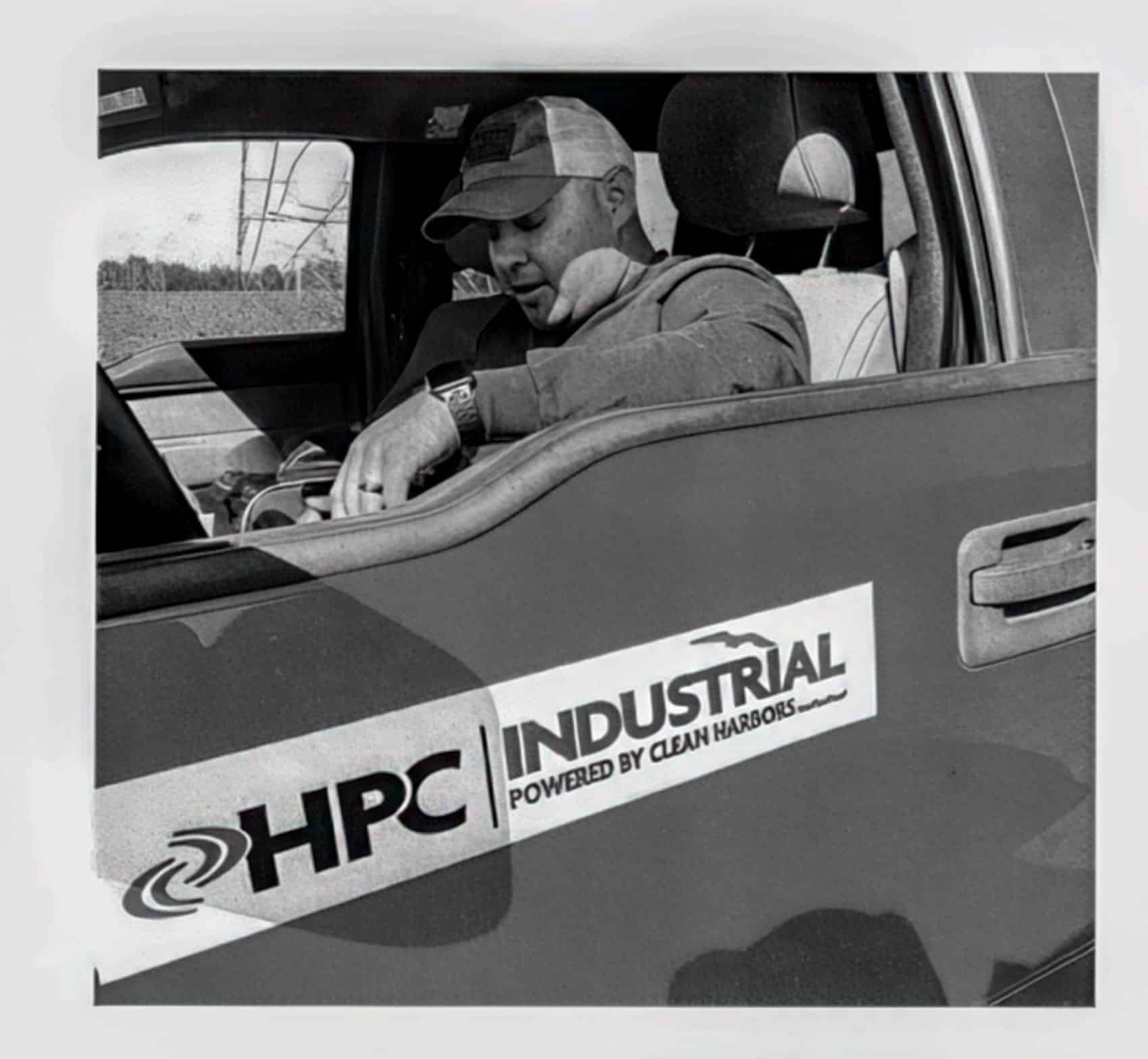
According to court documents, when Garcia was confronted on the scene, he admitted that he had been “instructed to perform aerial surveillance of Veolia’s property.”
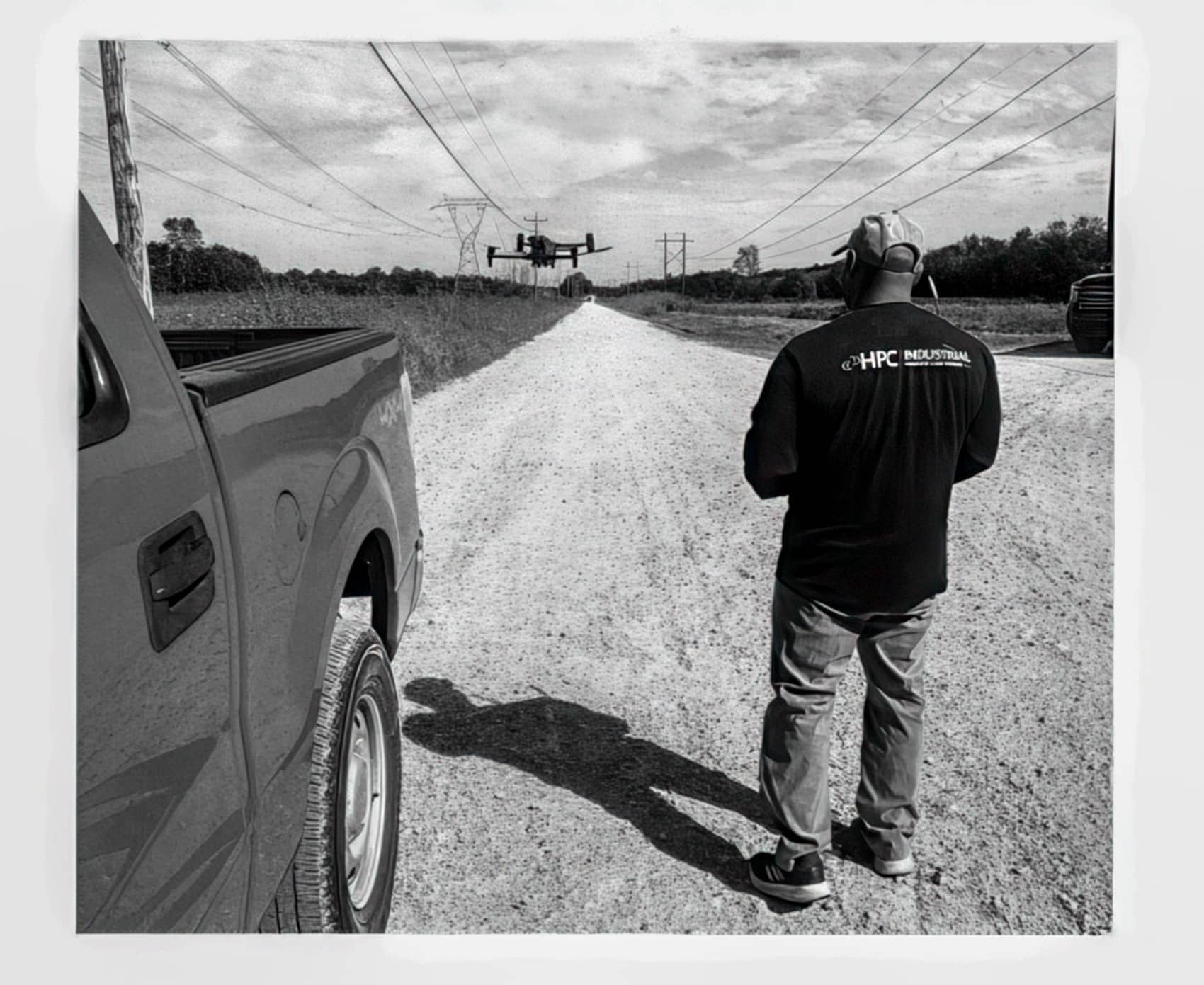
This wasn’t a one-off, either; another unauthorized flight had allegedly occurred months earlier.
This is a huge problem because under Arkansas state law, a hazardous waste facility is defined as “critical infrastructure.” Flying a drone to conduct surveillance or record such a facility without the owner’s written consent is illegal. Veolia argues that these flights were a blatant attempt to steal proprietary information about their operations, especially as they were in the midst of a massive $600 million expansion.
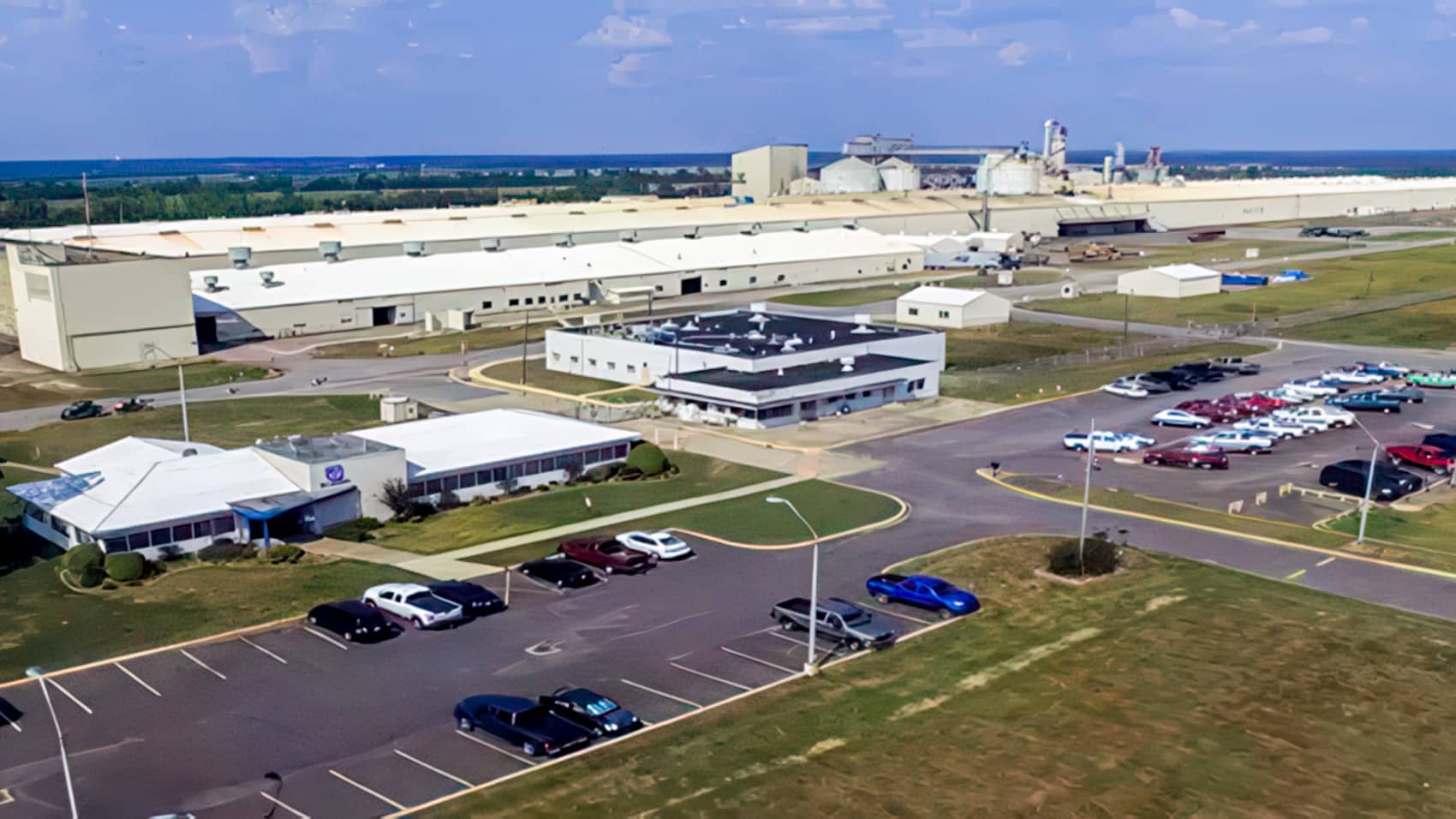
The Courtroom Chaos
Veolia promptly filed a civil lawsuit against Clean Harbors, seeking damages and an injunction to stop the flights. What followed was a masterclass in legal obstruction. According to court records, Clean Harbors repeatedly refused to cooperate with the legal process.
Depositions were abruptly canceled, documents were withheld, and last-minute legal maneuvers were used to cause delays. The situation became so bad that Clark County Judge Blake Batson has found Clean Harbors in contempt of court on two separate occasions for their “willful disregard” of his orders, with financial sanctions pending.
The drama didn’t stop there. On August 22, 2024, the drone pilot, Steve Garcia, was hit with criminal charges for the unlawful use of a UAS. And in a separate but related lawsuit, Veolia is suing one of its own electrical subcontractors, alleging they broke a non-disclosure agreement and leaked confidential plans about the new incinerator to a “direct competitor,” heavily implied to be Clean Harbors.
The Bigger Picture: Drones in a High-Stakes Industry
This case is a perfect storm of modern industrial competition. The US hazardous waste market is a $30 billion industry where proprietary technology, like the design of a new incinerator, can give a company a massive competitive edge. Both Veolia and Clean Harbors operate facilities just 60 miles apart and are constantly fighting for the same lucrative contracts.
The drone, in this context, becomes a powerful and tempting tool for corporate espionage. It allows a competitor to get a bird’s-eye view of a rival’s expansion, their operational flow, and their storage capacity—all critical pieces of competitive intelligence.
This is why robust laws protecting critical infrastructure from aerial surveillance are so important. As drones become a standard tool for legitimate work—like monitoring emissions or conducting site surveys—the line between legal use and illegal spying can become dangerously blurred.
DroneXL’s Take
As a professional who flies high-end drones for a living, this story is both fascinating and deeply frustrating. The technology we use every day to create and to build is being used here as a weapon in a corporate dogfight. It’s a textbook example of an unethical and illegal use of a powerful professional tool.
“Real talk,” the actions of the drone pilot in this case are inexcusable. Every licensed commercial pilot knows the rules about flying over critical infrastructure. This wasn’t an accident; court documents allege it was a deliberate, instructed act of corporate espionage. This is the kind of behavior that gives our entire profession a bad name and leads to draconian regulations that hurt responsible pilots.
The legal battle itself is a mess, but Judge Batson’s contempt rulings are a positive sign. It shows that the courts are taking this new form of technological trespass seriously and will not tolerate companies that try to obstruct justice.
Ultimately, this is a cautionary tale for the entire commercial drone industry. We are operating in a world where our tools can be used to gather incredible intelligence. It is our absolute responsibility, as licensed professionals, to operate ethically, to respect privacy and property, and to be the strongest advocates for the legal and responsible use of our amazing flying machines.\
Photographs courtesy of Veolia and Clean Harbors
Discover more from DroneXL.co
Subscribe to get the latest posts sent to your email.
Check out our Classic Line of T-Shirts, Polos, Hoodies and more in our new store today!

MAKE YOUR VOICE HEARD
Proposed legislation threatens your ability to use drones for fun, work, and safety. The Drone Advocacy Alliance is fighting to ensure your voice is heard in these critical policy discussions.Join us and tell your elected officials to protect your right to fly.
Get your Part 107 Certificate
Pass the Part 107 test and take to the skies with the Pilot Institute. We have helped thousands of people become airplane and commercial drone pilots. Our courses are designed by industry experts to help you pass FAA tests and achieve your dreams.

Copyright © DroneXL.co 2026. All rights reserved. The content, images, and intellectual property on this website are protected by copyright law. Reproduction or distribution of any material without prior written permission from DroneXL.co is strictly prohibited. For permissions and inquiries, please contact us first. DroneXL.co is a proud partner of the Drone Advocacy Alliance. Be sure to check out DroneXL's sister site, EVXL.co, for all the latest news on electric vehicles.
FTC: DroneXL.co is an Amazon Associate and uses affiliate links that can generate income from qualifying purchases. We do not sell, share, rent out, or spam your email.




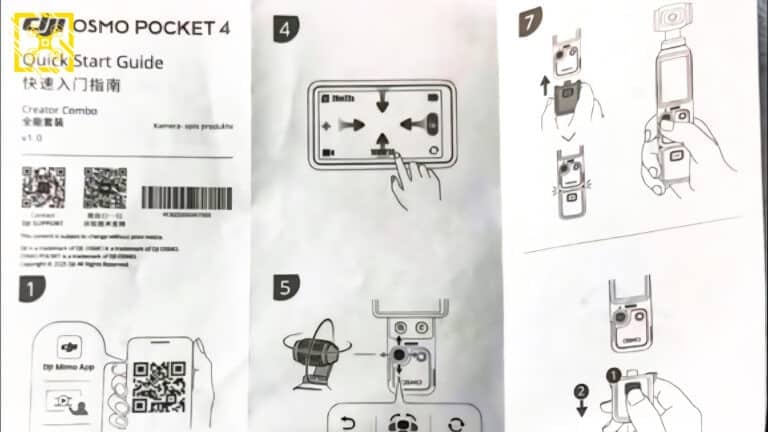

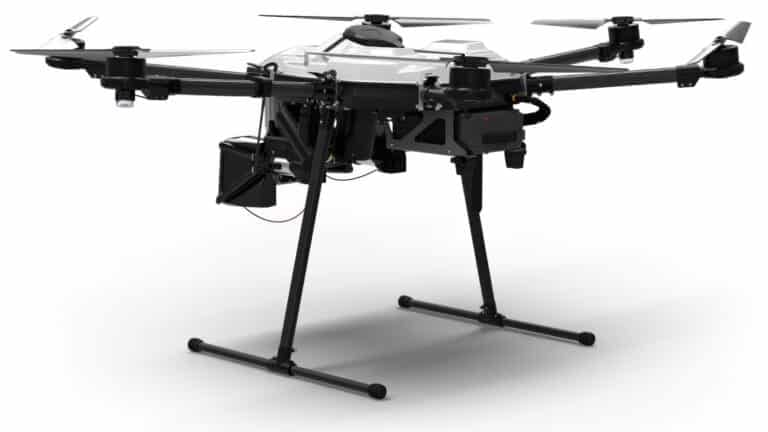
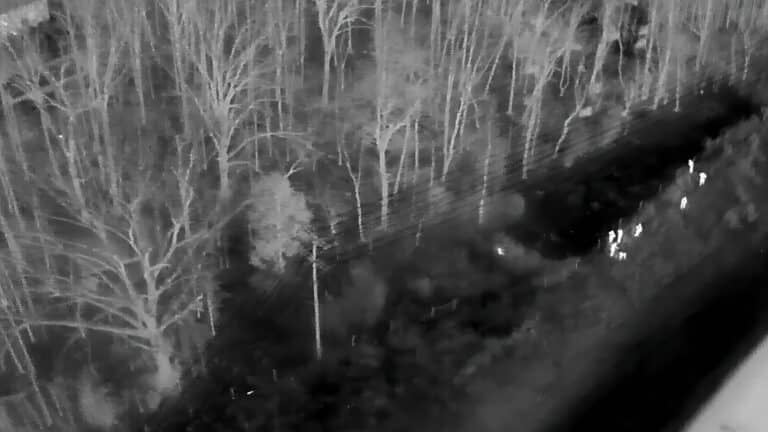
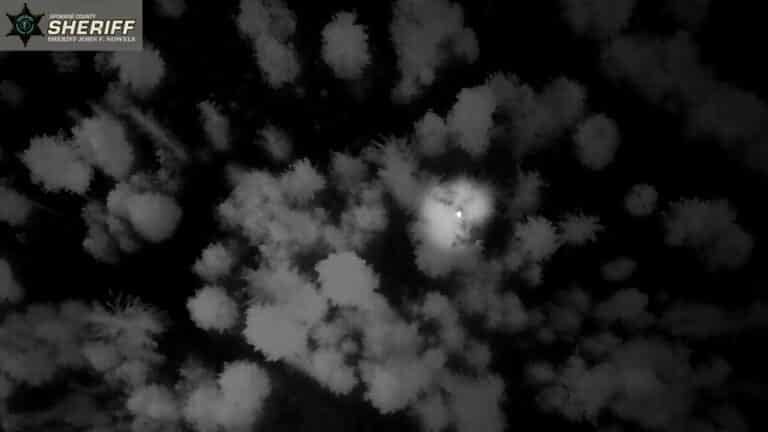

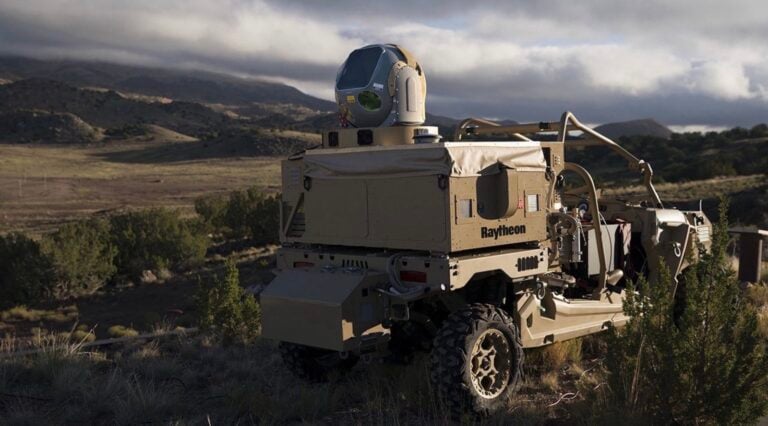
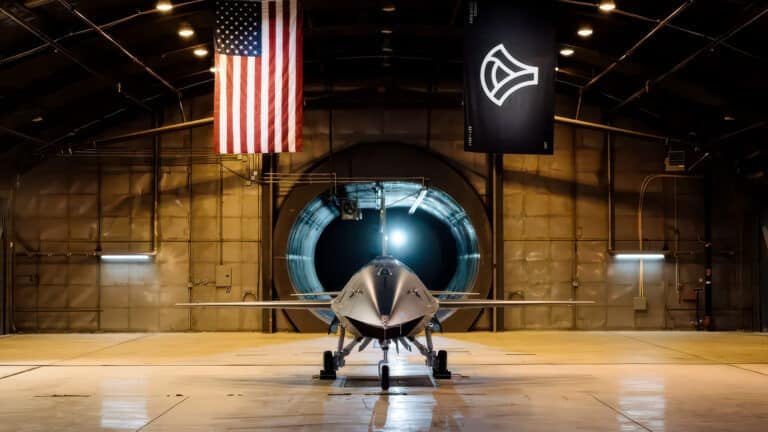
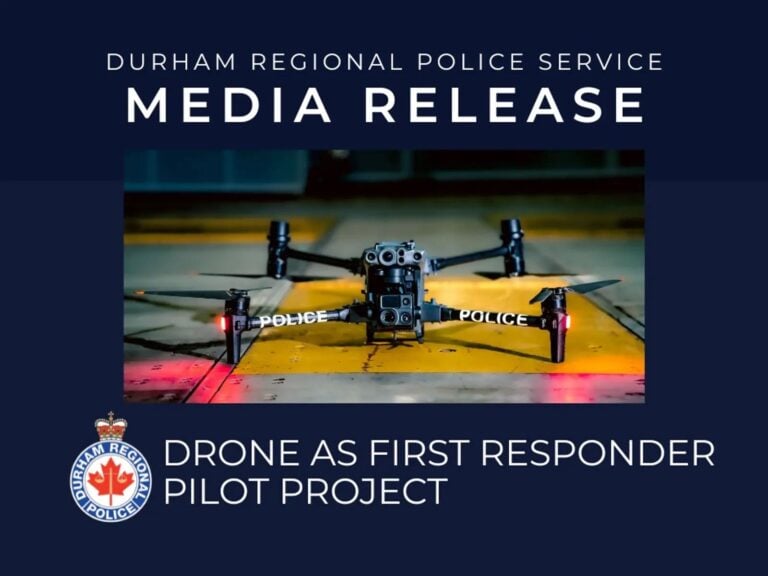
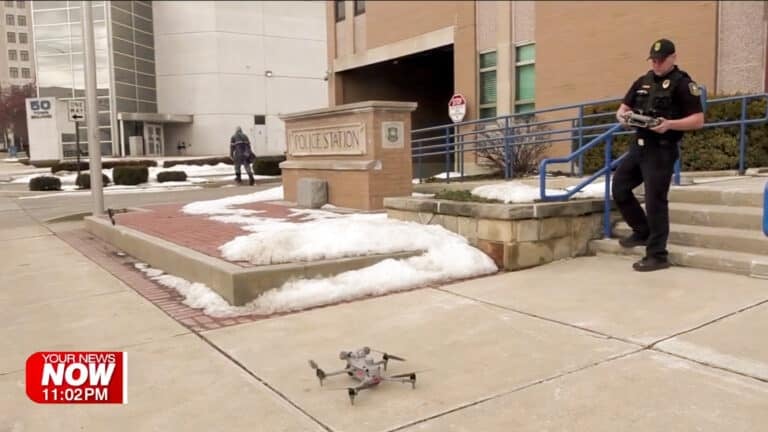
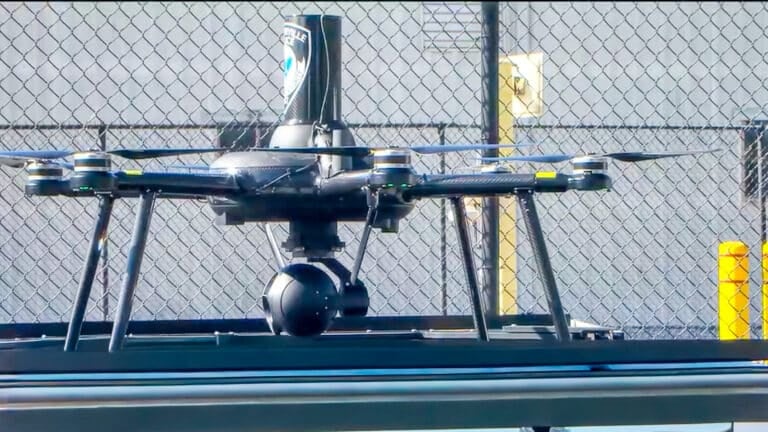
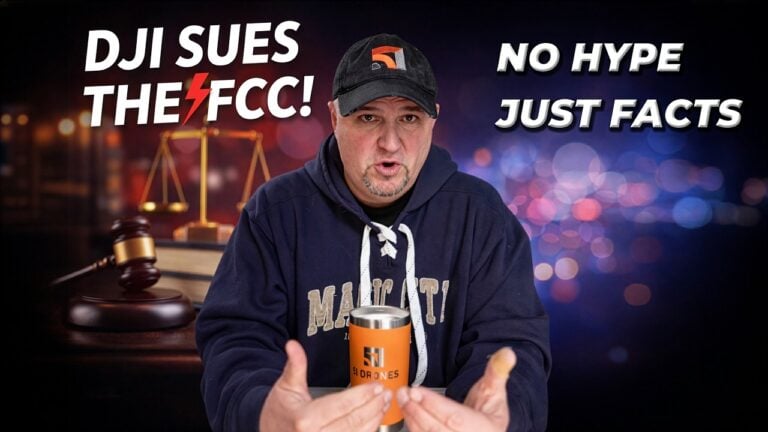
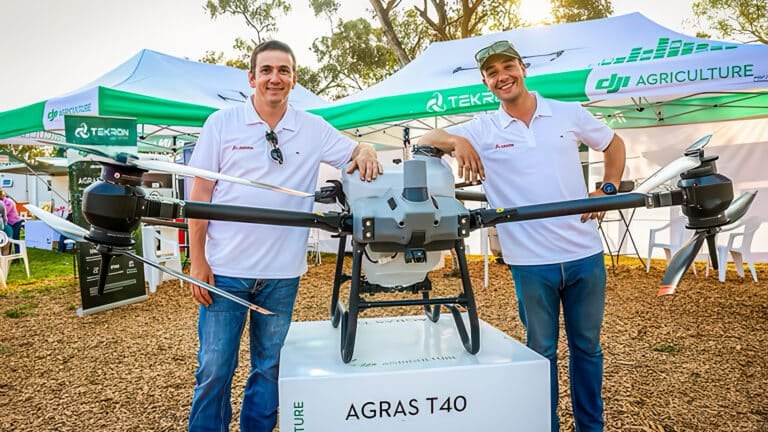
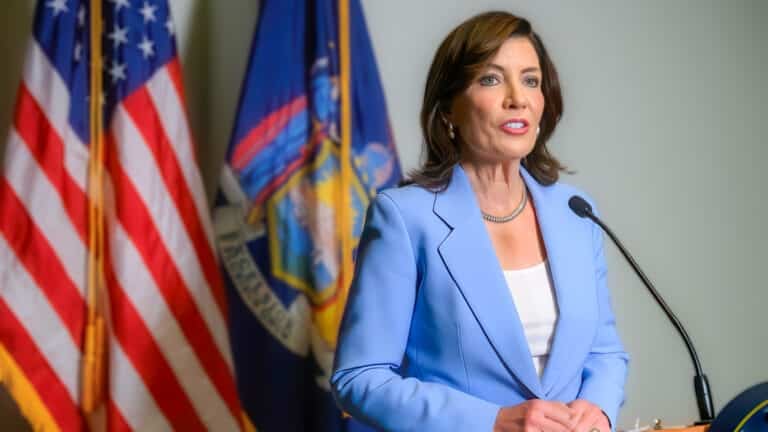
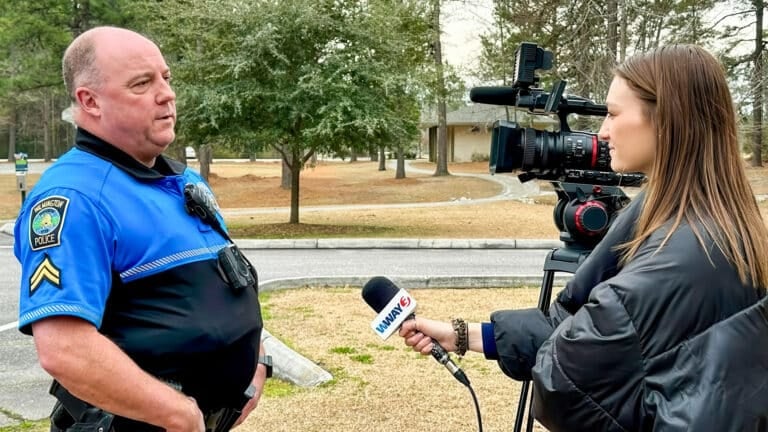
Well this going to make things messy -where are the lines going to be drawn ? what is the difference between a manned aircraft and a drone in this case ? or even the use of satellite imaging ?